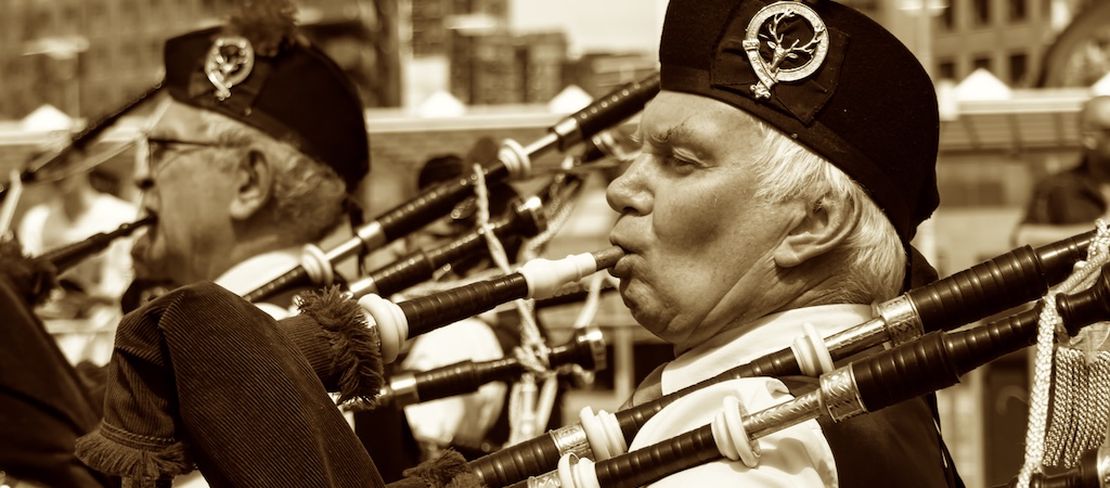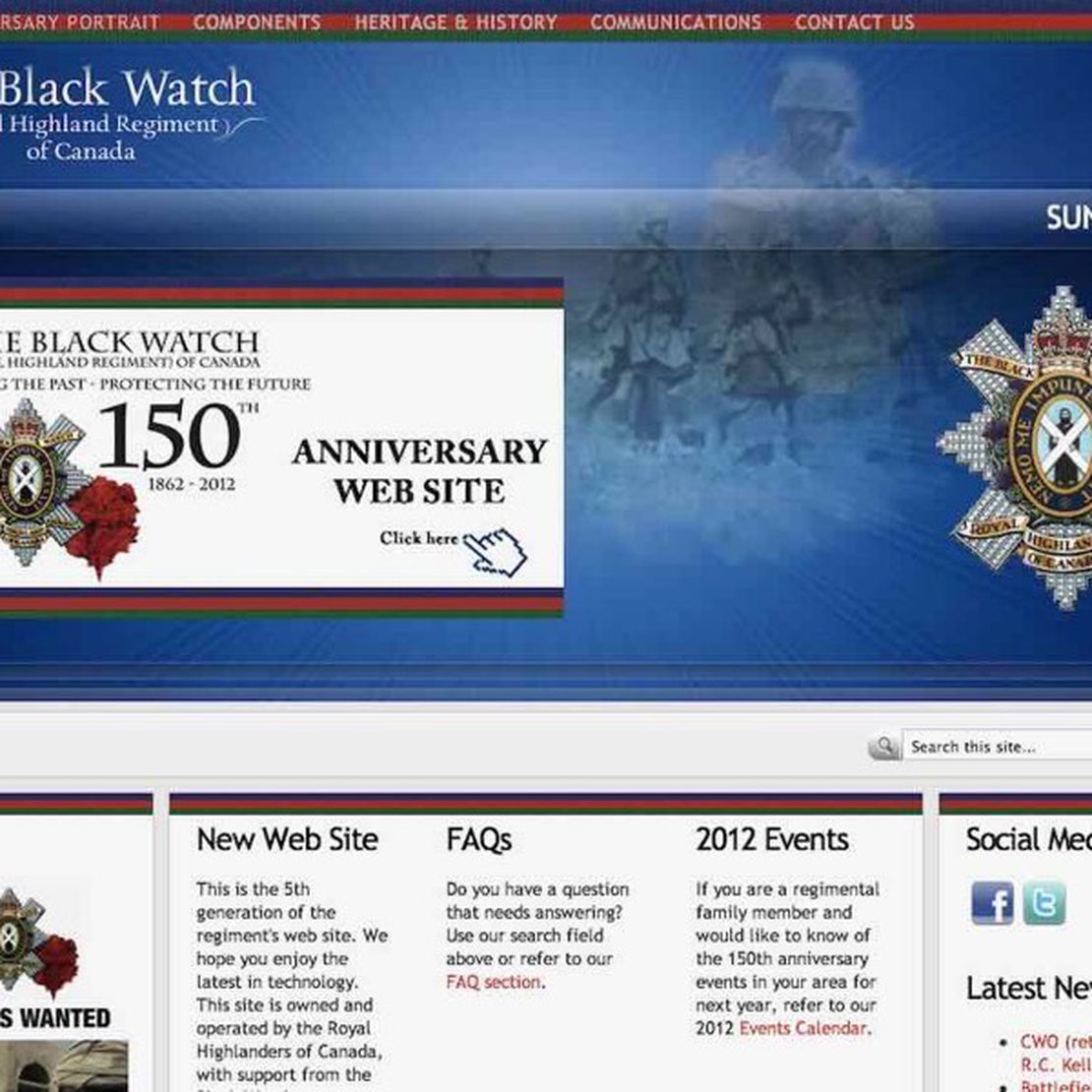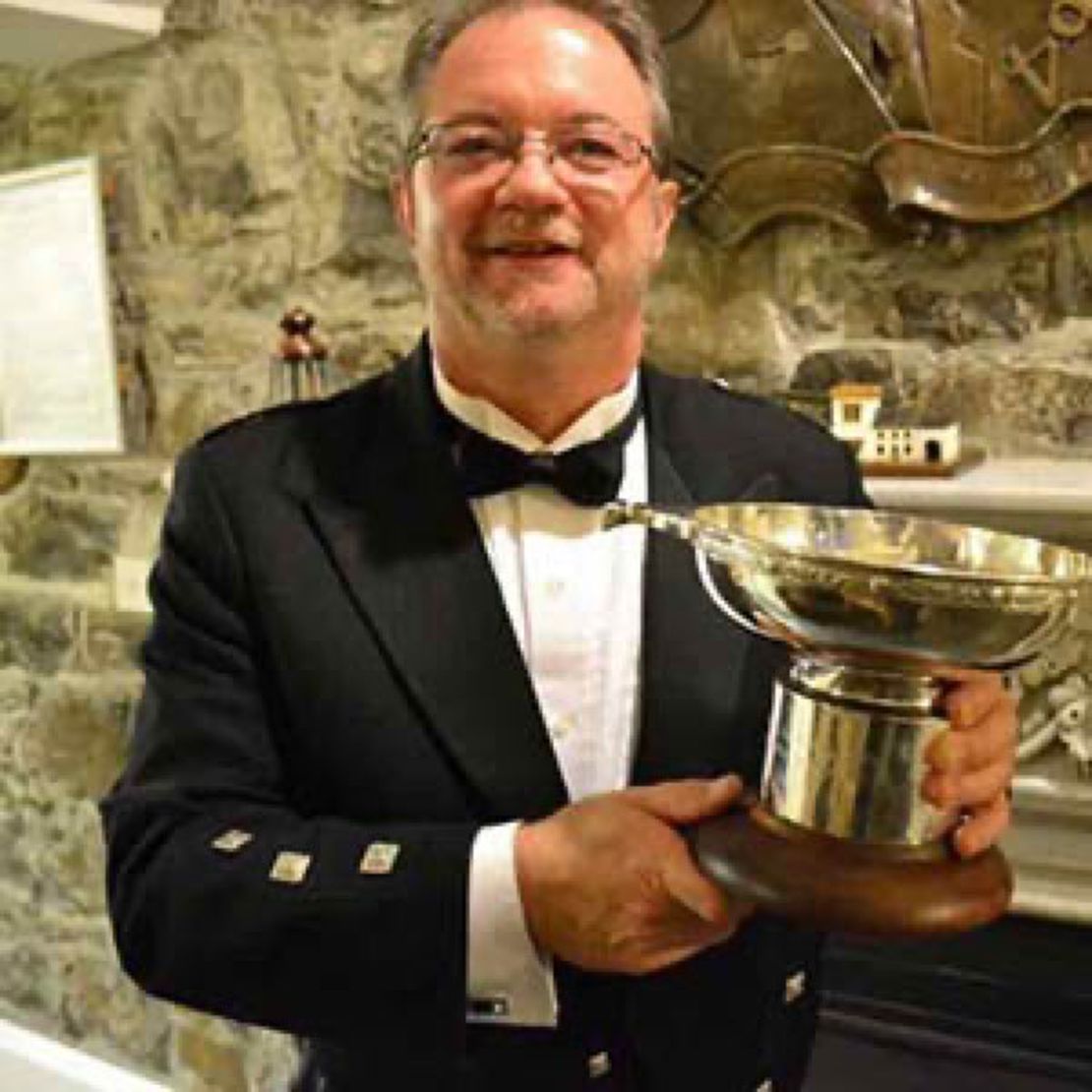black watch

- Home /
- pipebands /
- canada /
- nova scotia /
- black watch
pipeband
- Pipeband
- Nova scotia
- August 4, 2022
The Black Watch is the oldest highland regiment in Canada. Volunteers have served since the regiment’s inception in Montreal on January 31st, 1862 as the 5th Battalion, Volunteer Militia Rifles of Canada. The rise of American military strength during the Civil War concerned Canada. The government authorized formation of militia regiments. Each of six Montreal Scottish chieftains responded by raising an infantry company for the 5th Battalion. Eventually, eight companies were raised for border service. Since then, thousands of Canadian citizens have served in the Black Watch. In addition to Canadian border security, they have fought in the Boer War, WW1, WW2, Korean War; bolstered NATO operations in Europe and UN peacekeeping worldwide; and provided aid-to-the-civil-power, most recently during the Quebec and Eastern Ontario ice storm disaster.
American Civil War
While the American Civil War and the creation of a large American Federal Army were creating a necessity of establishing a united Canada, Canadian citizens were demanding the creation of local militia units to guarantee the fundamental rights of British North America.
Montrealers were no exception, and early in 1862 the 5th Battalion, Volunteer Militia Rifles of Canada, the forebear of The Black Watch (Royal Highland Regiment) of Canada, came into existence. See lineage chart . From the beginning in 1862, Canada’s senior Highland Regiment, has been privileged to serve Canada in its obligations not only to the Empire and the Commonwealth, but also to international organizations such as NATO and the United Nations.
Formed in 1739
The Black Watch of Canada’s birth and growth is thus analogous to that of the Parent Regiment, which was formed in 1739 to guarantee peace in the highlands of Scotland and eventually to fight for Monarch and Country in conflicts throughout the world. It is therefore not surprising that both Regiments share a common heritage, spirit, and a distinctive highland dress. The tartan of the Black Watch and the Royal Stewart tartan of its pipers, are known the world over as hallmarks of outstanding service in peace and war.
Although members of the Regiment served side by side with the Black Watch of Scotland in the Boer War, the formal alliance between Regiments did not occur until 1905. The great battles of World War I and World War II served to strengthen the alliance, and constant liaison and exchanges of officers and other ranks are fitting expressions of our wish to maintain this valuable affiliation.
WW1
During World War I, 11,954 officers and enlisted men fought in the three battalions of the Canadian Regiment, winning twenty-six battle honours. Of those who served, 2,163 were killed, 6,014 were wounded and 821 were decorated. Six of the decorated members were awarded the Victoria Cross.
WW2
During World War II, the Canadian Regiment joined with battalions of the Black Watch from all parts of the Commonwealth in the struggle to defeat the Axis Powers. The Regiment first saw action at Dieppe, where its C Company and Mortar Platoon were key components of the assault force. Landing in Normandy shortly after D-Day, the Black Watch participated in some thirty battle actions throughout France, Belgium, the Netherlands, and Germany. Members of the Regiment won 211 honours and awards for the campaign.
While the immediate post-war years saw the Black Watch (RHR) of Canada revert back to its role as a one-battalion militia regiment, in 1953, the 1st and 2nd Canadian Highland Battalions (Active Force) were re-designated 1st and 2nd Battalion Black Watch (RHR) of Canada while the Montreal Militia Unit became 3rd battalion. See Regular Force
The designation 3rd Battalion has now been removed from the Militia Unit and The Black Watch (RHR) of Canada has reverted to its traditional role as being a Militia Regiment in Canada’s Armed Forces.
In August 1992, the Regiment was granted the Freedom of the City of Montreal. The towns of Ormstown and Huntingdon, Quebec granted the Regiment the Freedom of their cities in 1997 and 1998, respectively.
And in the fall of 1999, the City of Verdun, Quebec, bestowed the Freedom of the City upon the Regiment. Verdun has provided many Black Watch soldiers from the First War onwards.
Today the Black Watch is a modern infantry battalion providing trained soldiers to augment regular force units and to aid civil authorities in times of crises. Currently, the Regiment has soldiers serving in Afghanistan.
To fulfill these tasks, the soldiers undergo extensive infantry and more specialized training.
Location
Map Marker is an approximate locationTags :
pipeband
About
black watch
- montreal, quebec, canada
- 3378

 ← timmins police pipes and drums
← timmins police pipes and drums
 dartmouth and district pipe band association →
dartmouth and district pipe band association →



